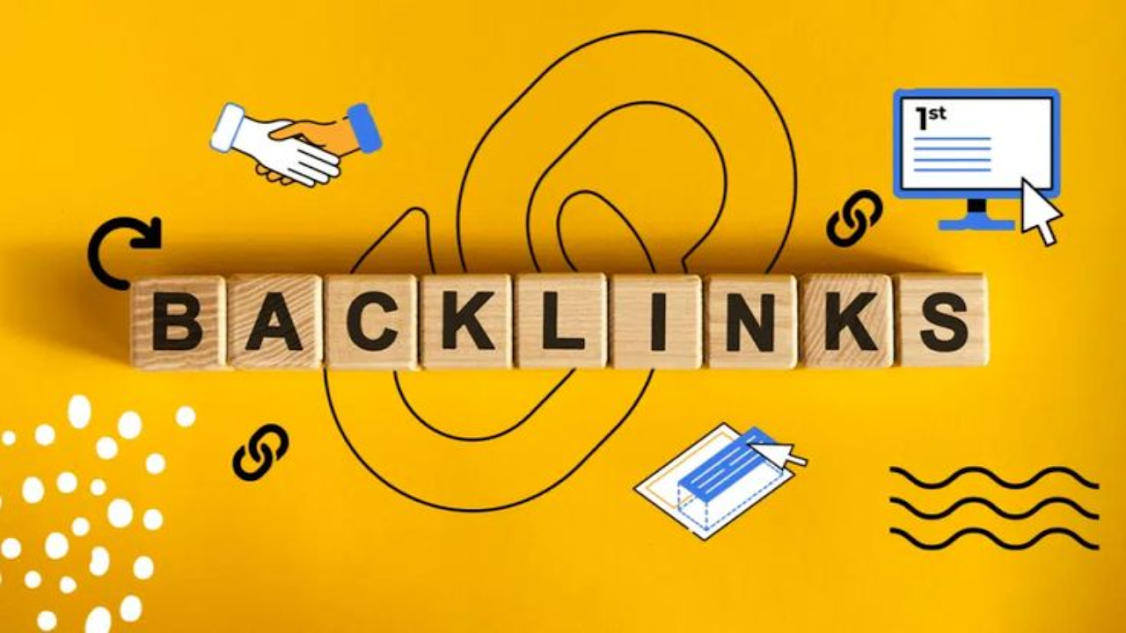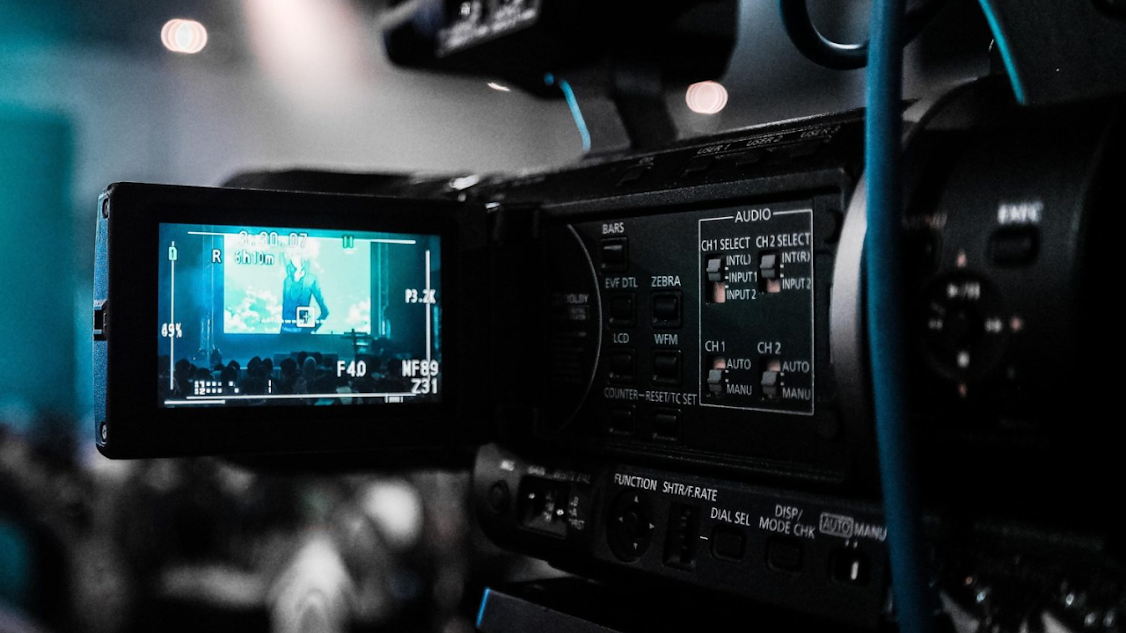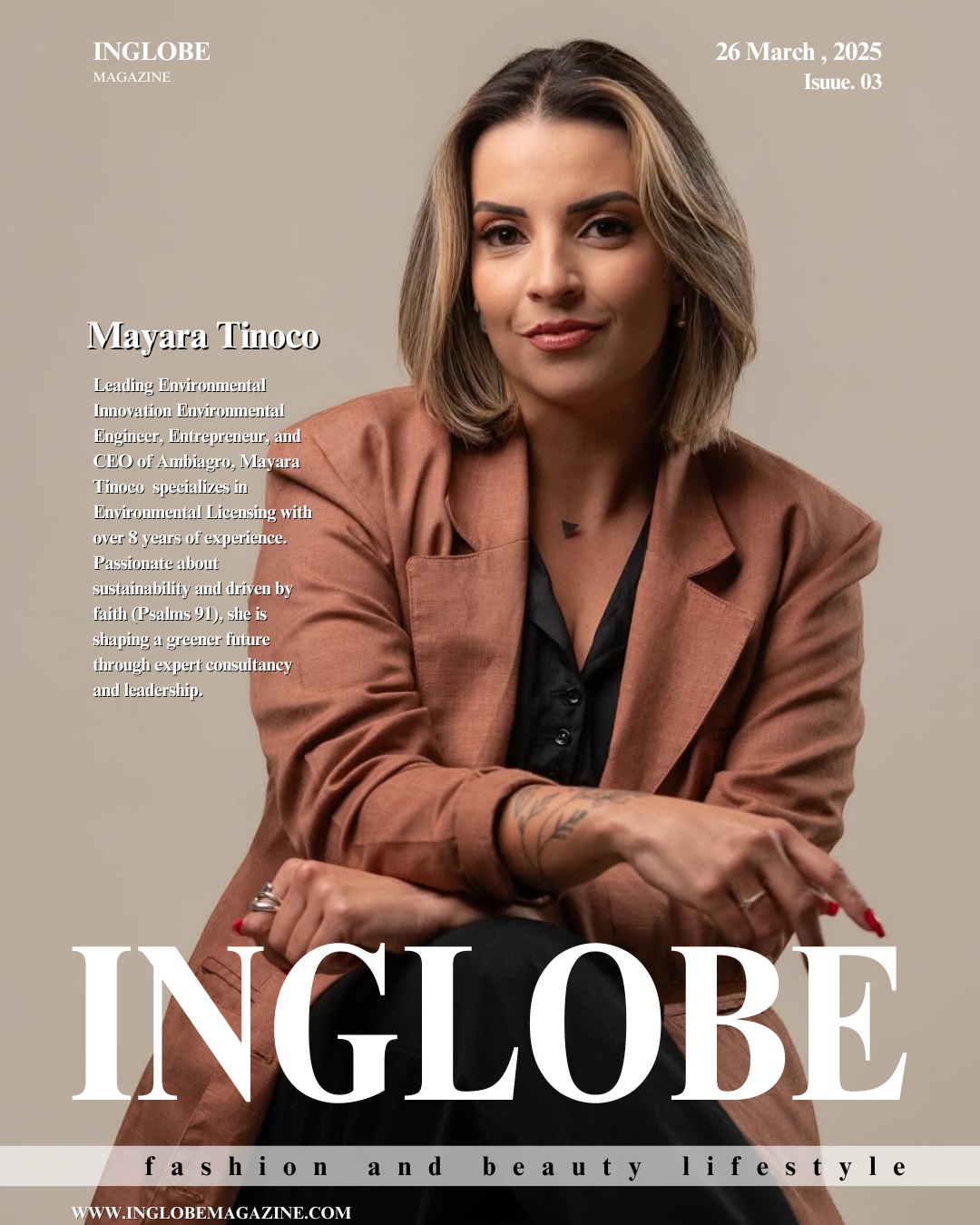Microsoft Sued by Authors Over Alleged Use of 200,000 Pirated Books to Train AI

By: INGLOBE Magazine News Desk
Microsoft is facing a high-profile lawsuit filed by a group of prominent authors who accuse the tech giant of using nearly 200,000 pirated books without permission to train its artificial intelligence model, Megatron. The lawsuit, filed in a federal court in New York, alleges that Microsoft exploited copyrighted works to develop an AI system capable of generating text that mimics the style, tone, and themes of the original authors’ writings.
Key Points: The Legal Battle Over AI Training Data
Allegations of Copyright Infringement
Authors including Pulitzer Prize winner Kai Bird, Jia Tolentino, and Daniel Okrent claim Microsoft built its AI model using unauthorized digital copies of their books. They argue this violates copyright laws and harms their rights as creators by enabling the AI to replicate their unique voices and creative expressions without consent.
Scope of the Lawsuit
The complaint states that Microsoft’s Megatron AI was trained on a vast dataset of pirated texts, enabling it to produce diverse outputs that closely imitate the copyrighted materials. The plaintiffs seek damages of up to $150,000 per infringed work and a court order to stop Microsoft from further unauthorized use of their intellectual property.
Context of the Case
This lawsuit follows a recent federal court ruling in California where another AI company, Anthropic, was found to have made fair use of copyrighted materials in training its AI models but could still face liability for using pirated books. Similar legal challenges have been brought against other tech giants like Meta and OpenAI, reflecting an ongoing industry-wide debate over the ethics and legality of AI training practices.
Industry and Legal Implications
The case highlights the tension between technological innovation and copyright protection. Tech companies argue that using copyrighted works for AI training constitutes fair use and is essential for developing new tools. However, authors and copyright holders contend that unauthorized use of their works undermines their rights and market value.
Microsoft’s Response
Microsoft has not publicly commented on the lawsuit. The authors’ legal representatives have also declined to provide statements. This case is expected to be closely watched as it could set important precedents for how copyrighted content is used in AI development.
Why This Matters
The lawsuit against Microsoft underscores critical questions about intellectual property rights in the age of artificial intelligence. As AI models increasingly rely on vast amounts of data to learn and generate content, defining the boundaries of fair use and copyright infringement becomes essential. The outcome could reshape how creative works are protected and monetized in the digital era, influencing the future relationship between technology companies and content creators.
For ongoing coverage of AI developments, copyright issues, and tech industry legal battles, stay connected with INGLOBE Magazine.








